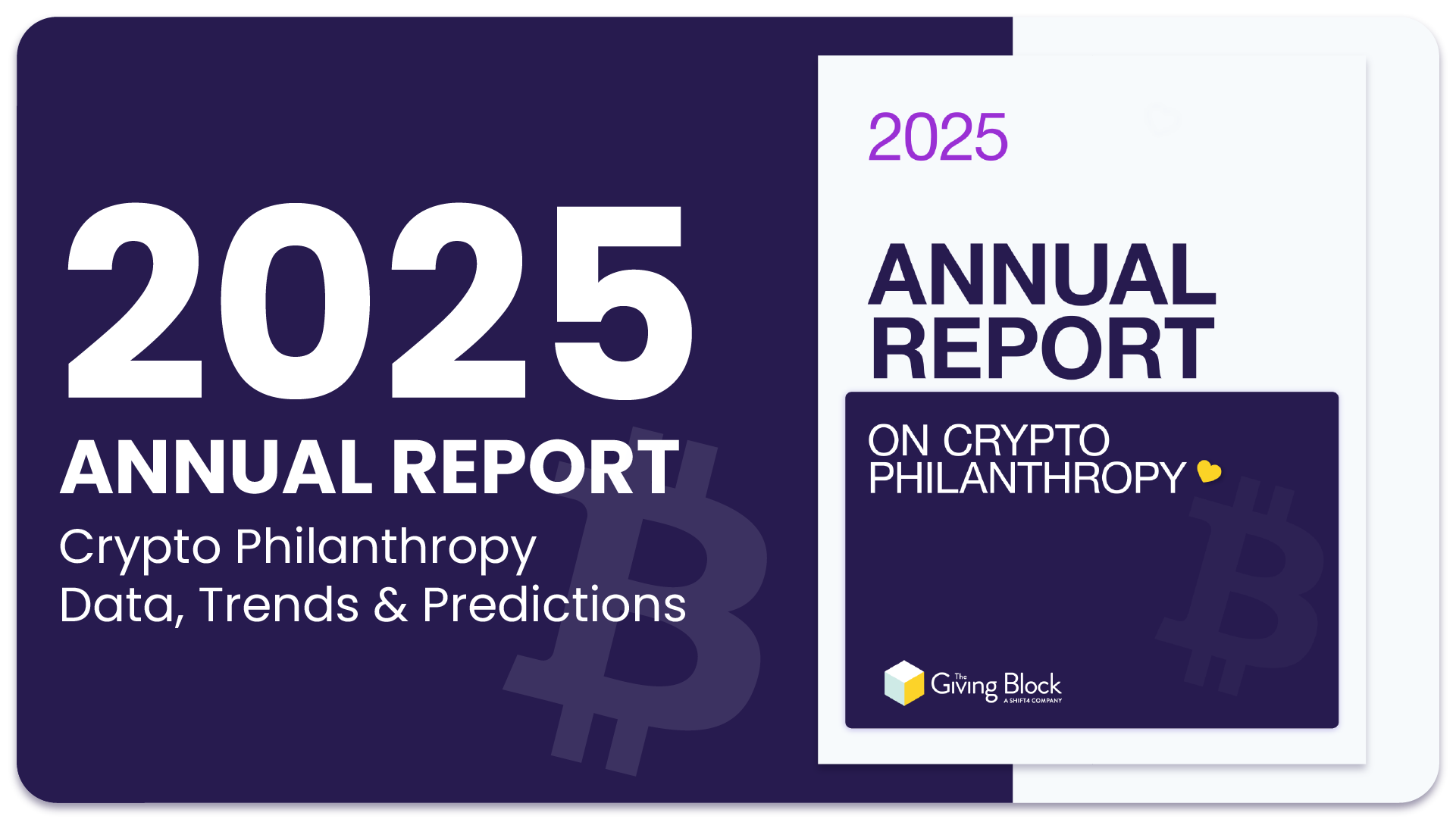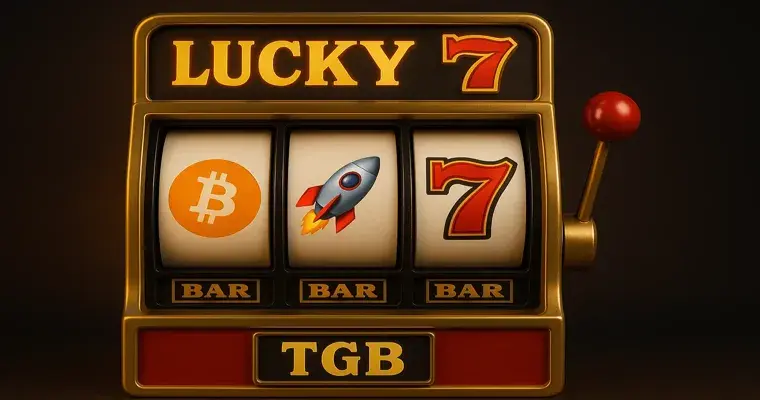Here’s the jam you’ve found yourself in: you’ve already established clear reasons for accepting crypto donations. But you need to make your case to a busy (maybe even skeptical) board of directors.
Your challenge is to convert your board into crypto champions and activate them to help take your crypto fundraising efforts to the next level.
To make it happen, you’ll need to articulate the benefits and upsides and dispel any misconceptions. Use these talking points below to make a strong case for crypto to your board and/or executive leadership.
Making the Case for New Fundraising Expenses: The Basics
To put it simply, preparation is key. If your board meets quarterly or once a year, they have limited time to cover a (most likely) big agenda.
While emphasizing your organization’s fundraising pain points might be a helpful starting place, you’ll be more effective by presenting potential solutions.
Start your presentation with your key challenge(s). Back up your claims with data, explain the benefits of your recommended solutions, and finally, have a budget ready to share.
17 Tips for Talking About Crypto With Your Board (And Executive Leadership)
Following the steps above is a great approach to ensure that your pitch is timely and well-planned. For additional data to support your case, incorporate the following facts and insights:
- Nonprofit crypto adoption is on the rise. Thousands of charitable organizations have embraced crypto donations. (Notably, half of the top U.S. charities now accept crypto donations!)
- The crypto user base is growing exponentially. Wells Fargo compared crypto adoption to the “hyper adoption phase” of the Internet in the 1990s. (Sooner or later, your nonprofit built a website, right? It’s a similar situation.)
- Crypto donations can be traded for cash. Yes, you can accept a Bitcoin donation without worrying about crypto’s volatility. (Auto-liquidation is one of The Giving Block’s solutions for nonprofits.)
- Crypto fundraising engages younger donors. Crypto fundraising enables a growing Millennial and Gen Z donor base to give more. Over the last six years, the average age of nonprofit donors has increased from 62 to 65. In contrast, crypto users are 38 years old on average. By and large, they are entering their peak earning years, with decades of charitable giving ahead of them.
- Crypto fundraising opens the door for major gifts. Accepting crypto isn’t just another revenue stream; it’s a doorway to engage with an affluent and generous audience.
- Crypto gifts can increase your online donation revenue. Crypto donations are a part of the digital giving landscape, along with peer-to-peer and crowdfunding. Accepting crypto is a strategic way to grow your online revenue.
- Crypto users are (very) excited about donating crypto. It’s all about spreading positive use cases for crypto. When was the last time a donor said they were excited about writing a check?
Crypto is the only asset class that people seem to be super passionate about. I get phone calls and texts about it constantly from donors. I didn’t expect as much passion around it. But I believe that their passion drives generosity.
- Crypto is a tax-efficient way to support your cause. Individuals that donate stock and other non-cash assets enjoy tax benefits that cash donors do not. The result? Lower taxes and more to give to your mission.
- Your crypto donation page can boost organic traffic to your website. SEO rankings matter for nonprofits, and your crypto donation page can attract new donors to your case.
- The crypto community responds to global crises. Crypto donors have made the news with their support of humanitarian aid in Ukraine, Turkey-Syria earthquake relief, women and children displaced by conflict in Afghanistan, and other urgent causes.
- Crypto-friendly nonprofits participate in annual fundraising events. Initiatives like Crypto Giving Tuesday and Bag Season rally crypto users worldwide, highlighting the importance of giving back and bringing visibility to their various missions.
- Crypto donors know where to find crypto-friendly nonprofits. The Giving Block is the world’s go to marketplace for crypto users interested in donating crypto to nonprofits.
- Most crypto misconceptions and myths are…just misconceptions and myths. It’s sometimes hard to find clear answers to your team’s questions. To help you out, we’ve gathered 12 of the biggest fictions (and facts) about crypto fundraising.
- The biggest hurdle to accepting crypto donations might be updating your gift acceptance policy. By amending your nonprofit’s gift acceptance policy to specify how you accept crypto donations, it can eliminate confusion for your team and your donors.
- Individual giving is just one way to donate crypto. The crypto community’s peer-to-peer fundraising efforts and CSR initiatives are just a few of the many ways crypto donors support charities.
- Your crypto fundraising platform plays nice with your other donation tools. The Giving Block’s 5,000+ integrations help you sync your crypto dashboard with most nonprofit industry leading CRMs, fundraising platforms and tools.
- Crypto donations give you a reason to say “GM” every morning. You may want to brush up on your crypto slang every once in a while!
Want additional insights? Read more about the state of crypto fundraising in the 2023 Annual Report on Crypto Philanthropy, published exclusively by The Giving Block.
Why Getting a “Yes” From Your Board Matters
As advocates for your mission, board members have a critical role to play in your fundraising efforts. Among other responsibilities, your board can:
- Approve major fundraising investments (e.g., replacing your old CRM)
- Vote to amend your gift acceptance policy (e.g., to accept crypto donations)
- Advocate for your new strategy (e.g. asking their networks for DAF gifts)
Of course, your board may not need to approve every fundraising expense. Whether or not that’s the case at your organization, board members can be an essential part of your crypto strategy.
Here’s an example: by tapping into their networks or attending conferences, they can help you find and steward potential cryptocurrency donors for your cause.
Ultimately, getting your board and leadership to say “Yes” to crypto may lead to them saying, “Why didn’t we do this sooner?!”
With more charities and donors turning to crypto, it’s become the best way to modernize your giving strategy and meet donors where they are today.




















